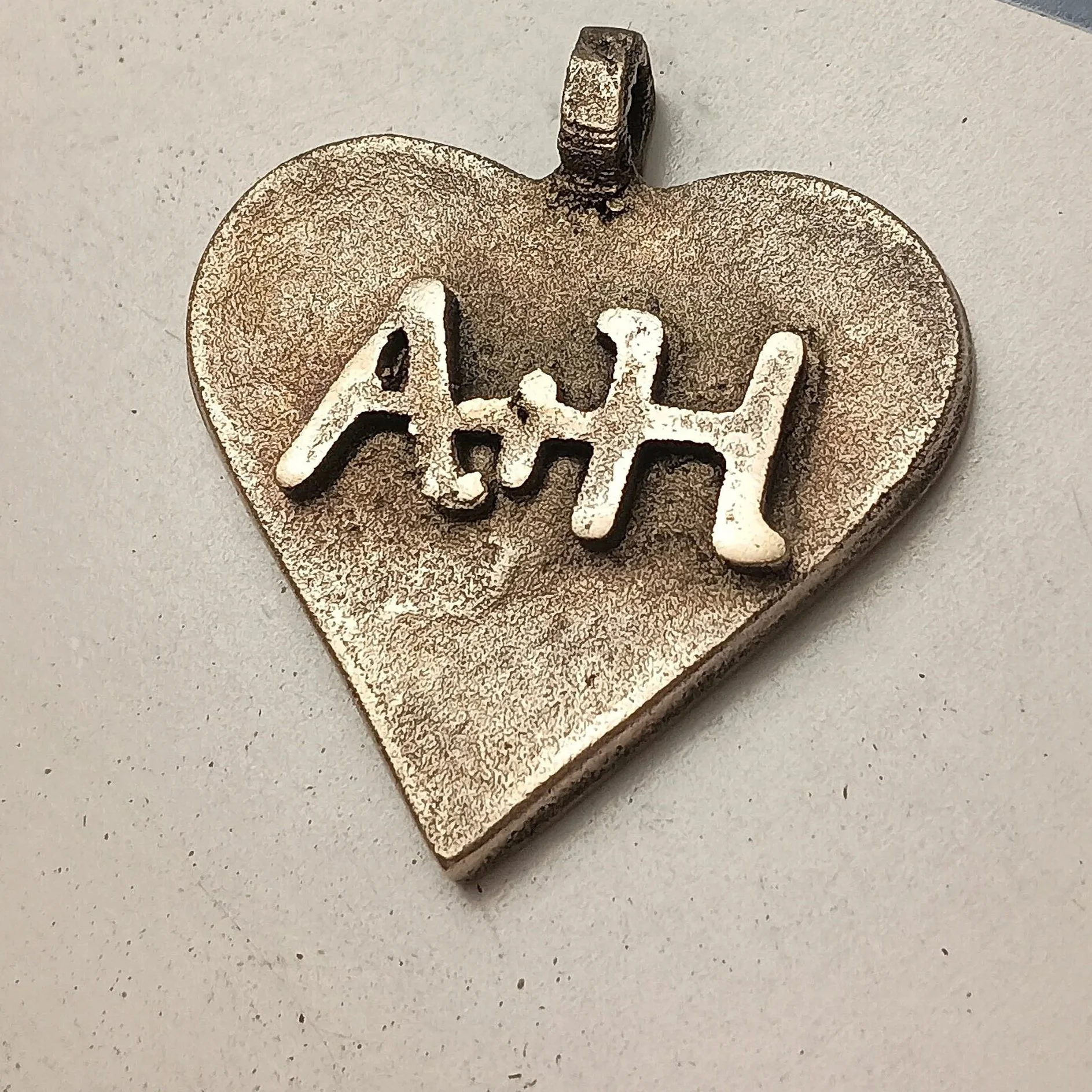Metal Casting
Metal casting is a process that involves pouring liquid metal into a mold, then allowing it to cool and harden into a part. We primarily use hard sand and investment casting, as those methods produce the most consistent results and geometrically accurate parts.
Cast parts tend to have a very slightly rough surface finish, but can be post processed or machined afterwards to produce a smooth and precise finish.
-
High Silicon Aluminum is an extremely popular material for low pressure casting. The Silicon content in the alloy decreases the molten viscosity of the metal, allowing it to fill a mold more quickly and with much more detail capture than a low silicon alloy. These alloys are all machinable, corrosion resistant, and strong enough to be used in demanding applications. Cast aluminum is a cost effective method of bulk production as well, since many individual components can be included in a mold at once. We can nest dozens of parts per mold, the main constraint being our maximum pour size of 30Kg.
Cast aluminum is ideal for heavy machinery components, automotive parts, industrial equipment, bulk metal production, and much more! -
Cast bronze is a very useful material for casting bushing blanks, nozzles, statues, artwork, and more. Our maximum casting mass of bronze (and other copper alloys) is around 100Kg, and smaller parts can be nested in a single mold/pour just like with aluminum!
FAQ’s
-
We are able to cast aluminum parts up to 30Kg and bronze parts up to 100Kg We can also handle parts 24” in the longest axis.
For specialty production, we are able to produce longer parts or coordinate multi simultaneous pour cast to produce larger parts, but this will be more expensive than a standard pour condition. -
Prices for small cast parts can start at as low as $10 in moderate quantities, but this will vary based on volume, material, geometry, engineering time, and overall dimensions.
-
Our pricing is calculated by a few factors.
Material cost, being the cost of the raw alloy, sand composition, and 3D printed (or foam) forms. Reuseable forms will often cost more upfront, but will reduce long term cost as opposed to sacrificial burnout forms.
Engineering time. Parts must be castable, meaning that someone from our team needs to analyze them and often help customers revise their files to allow proper metal flow through the part. Additionally, we must sprue the parts, add vent holes, stagnation channels, slag traps, and other features to ensure that parts turn out correctly.
Furnace time, which covers the cost of maintaining and repairing our foundry equipment as it undergoes wear and tear from use.
-
Of course! We understand that most of our customers are not well acquainted with all of the various materials available for metal casting, so we are happy to provide advice and help select the best material for your use case.
Our goal is to fit you with the right material for the job, so we make a point to not upsell you on a material you don’t need and will point you in a more cost effective direction whenever possible. -
Yes, to a limited extent. We are able to source alloys and materials outside of our normal inventory for customers upon request, and we can even work with customer supplied materials.
Currently, our furnace is only capable of reaching 1250C so we are limited primarily to aluminum and copper alloys. We can experiment with specific alloys on request, however customers must be aware that simply being able to melt an alloy does not mean we can cast it well. Many materials require pressurized casting or spin casting to overcome viscosity and surface tension to fully fill the mold, which we are not currently capable of. -
Yes, we can anodize some of our aluminum alloys. We strongly advise surface treatment to remove the rough finish and contaminants, otherwise it is likely that the anodizing will not turn out well.


